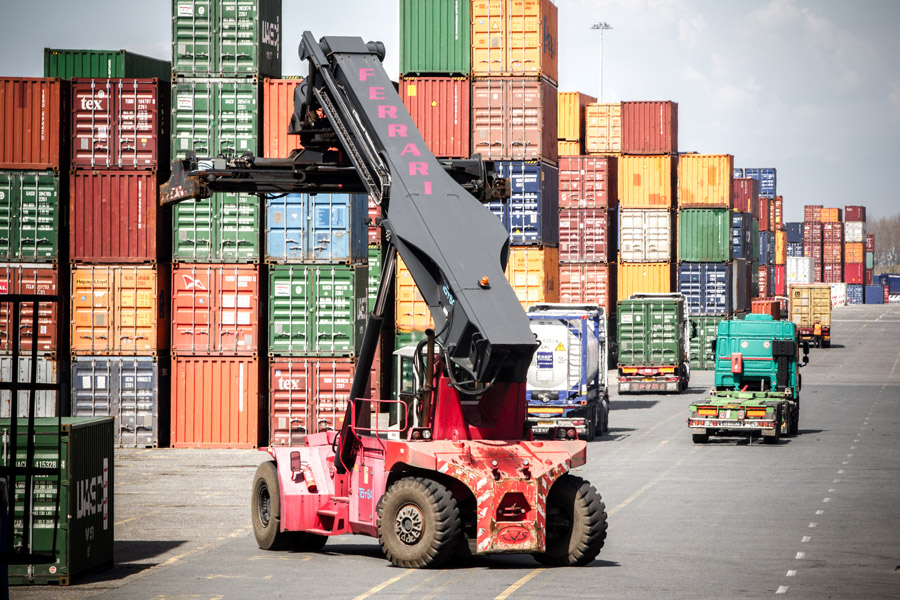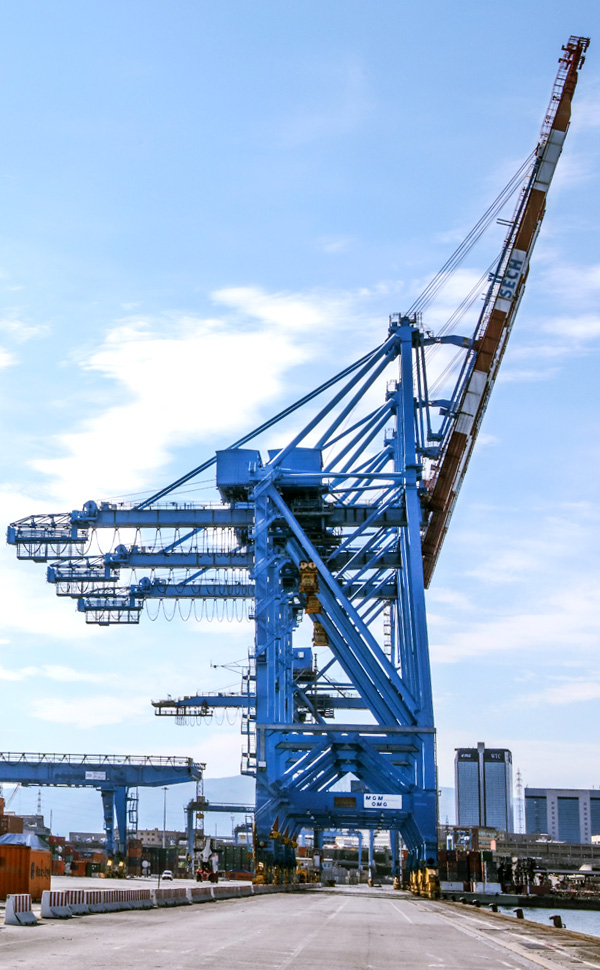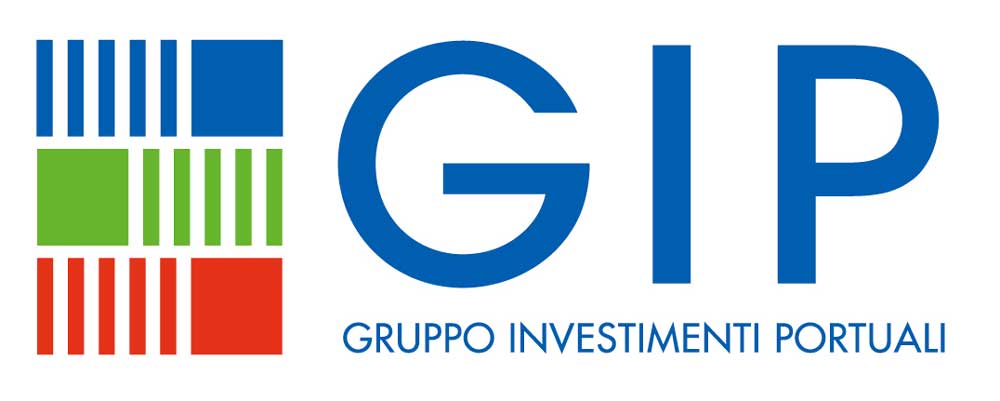
Sustainability
GIP Companies act in the knowledge that the business management processes involve positive and negative impacts at a social, economic and environmental level. The objective IS to implement as many good practices as possible, ensuring a continuous improvement in business management in the medium and long term.
Its Terminals develop first-class service levels to meet customer needs, at the same time committing towards serving the wider community in which they operate.
As part of this process, we mention
• The maintenance of quality and safety standards at levels consistent with those provided by the Annual Plan for improvement, as well as the continued improvement of quality of customer-interfaced services;
• the involvement of stakeholders in the definition and verification of sustainability objectives;
• a continuous improvement of offered services, based on a systematic investigation on customer satisfaction;
• the many initiatives aimed at transparency towards the stakeholders, as well as an increasing involvement and the growing opportunities for dialogue and mutual listening;
• continuous investments on employee trainings, on safety in the workplace and on the inner environment.


ENVIRONMENTAL SUSTAINABILITY
• A constant monitoring of energy consumption, in order to consciously evaluate possible alternatives;
• A gradual renewal of the means of production, possibly implementing new “clean” technologies;
• A new relationship with suppliers, verifying the requirements of integrity and compliance with the current environmental legislation;
• A strong and constant attention to climate change-related issues, targeting lower emissions of GreenHouse Gases.

